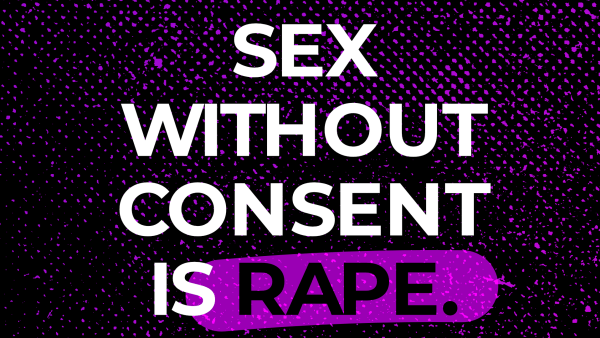The European Parliament held in Strasbourg today a high-level debate in plenary at the request of the S&D Group on gender balance in EU economic and monetary affairs’ nominations. The imbalanced and unsatisfied situation for women in Europe and in particular for top EU jobs has been discussed with Council and Commission. On Thursday, a resolution of the European Parliament will point out a strategy to overcome this ongoing inacceptable discrimination. With the nomination of Philip Lane as a member of the Executive Board of the European Central Bank (ECB), José Manuel Campa as chair of the European Banking Authority (EBA) and Sebastiano Laviola as number two of the Single Resolution Board (SRB), the focus on gender balance has once again becoming an issue.
Pervenche Berès, S&D Group spokesperson on economic and monetary affairs, said:
“We want to be heard and taken seriously by the Commission and the Council with our concerns on gender imbalance. This is why we are tabling a resolution asking for the respect of gender balance for the next nominations in all EU and national institutions and bodies for the future and call on member states to make a commitment to always introduce a man and a woman for nomination procedures at the next Commission. As request following the appointment of Luis de Guindos as member of the ECB, any shortlist should be 'appropriately gender-balanced, and comprising of at least three candidates'. Women qualified for these positions are not lacking. I reaffirm that we Socialists and Democrats will now refuse to consider any list of candidates that does not give women their rightful place.”
Mercedes Bresso, S&D vice-president for economic and social model, added:
“Women's access to positions of responsibility and the fight against the glass ceiling must be a priority for Europe. European institutions must actively cooperate, also with member states, to promote gender equality in the nomination process of their governing bodies. Women should be supported and encouraged to pursue careers in top political and economic positions, from young age and through education, but also should be allowed to be credible and strong candidate in the nomination processes of any EU or national institution. In the future, gender balance has to be respected for the nomination processes in all EU bodies and institutions, otherwise the European Parliament will not support them.”










